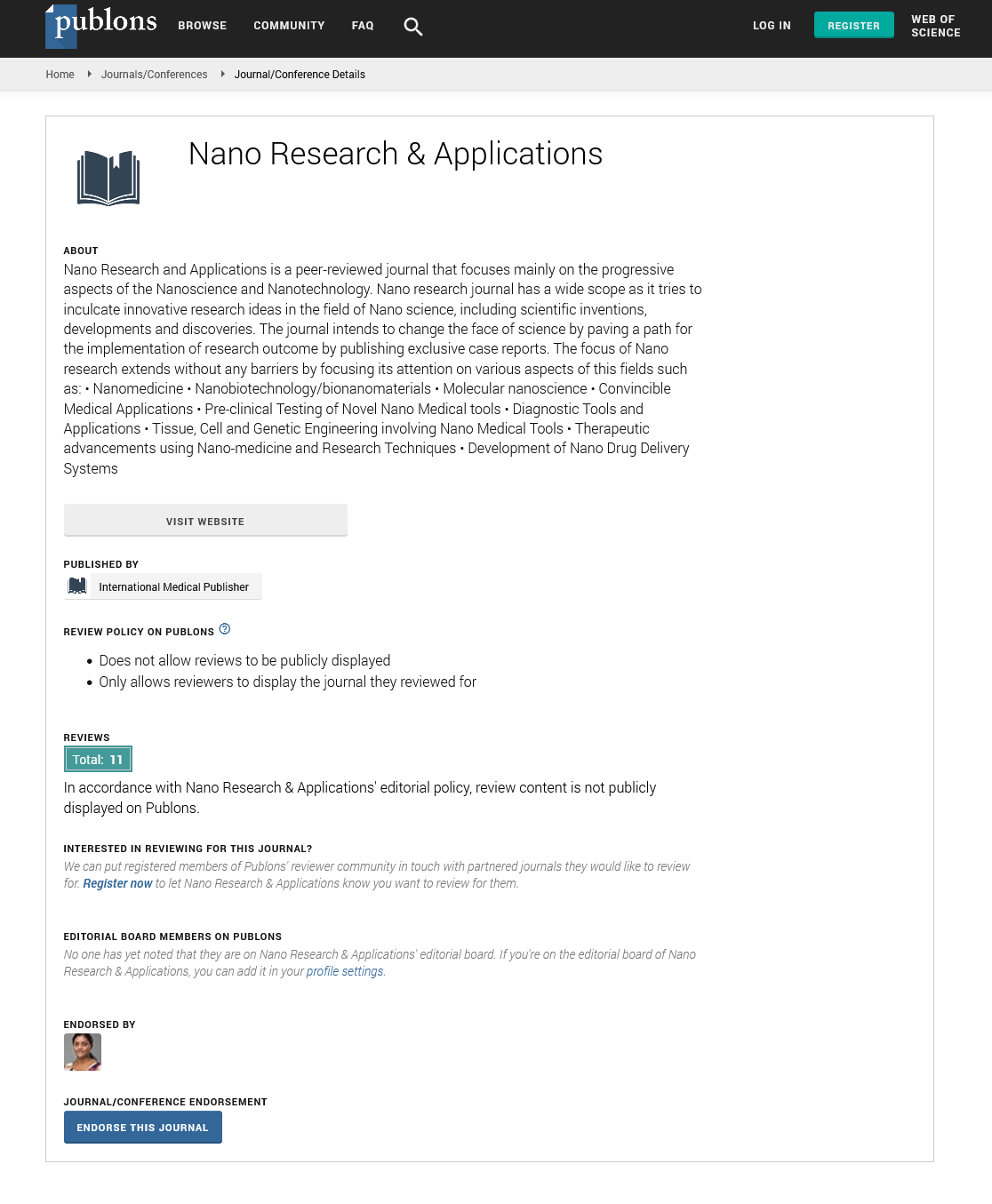ISSN : 2471-9838
Nano Research & Applications
Confined chemistry and its application for lithium/sodium ion batteries
Joint Event on 26th International Conference on Advanced Nanotechnology & 2nd Edition of International Conference on Materials Technology and Manufacturing Innovations
October 04-05, 2018 Moscow, Russia
Jie Sun
Tianjin University, China
ScientificTracks Abstracts: Nano Res Appl
DOI: 10.21767/2471-9838-C5-020
Abstract
We have studied three kinds of electrode reaction mechanisms for lithium ion batteries: the intercalation reaction mechanism, such as graphite anode and lithium cobalt oxide cathode, which has a stable structure without chemical bond breaking for lithiation, leading to a long cycling life, but its specific capacity is low due to the limited lithiumstorage sites; the alloying/conversion reaction mechanism, such as silicon, phosphorus, tin anode, sulfur cathode, which has a high theoretical capacity, but decays rapidly because of its large volume expansion for lithiation; the deposition/ growth mechanism, such as lithium metal anode, which tends to form dendrites with no host material, resulting in many problems of the irreversible reaction with electrolyte, poor cycle performance, and short circuit. In summary, the reaction mechanism of the electrode materials determines its intrinsic characteristics and inherent defects, which is difficult to overcome. Aiming at the above problems, we have designed and constructed a series of micro reactors at the molecular scale, so that the alloying or deposition reaction mechanism could be confined in this space and transforms into a similar intercalation reaction mechanism, contributing to improving its structural stability and electrochemical performance.
Biography
Jie Sun has completed her PhD in Chemical Engineering and Technology at Beijing University of Chemical Technology and Postdoctoral studies at Stanford University. She has worked as a Professor of Chemical Engineering and Technology at Tianjin University. She has published more than 30 papers in reputed journals.
E-mail: jies@tju.edu.cn
Google Scholar citation report
Citations : 387
Nano Research & Applications received 387 citations as per Google Scholar report
Nano Research & Applications peer review process verified at publons
Abstracted/Indexed in
- Google Scholar
- China National Knowledge Infrastructure (CNKI)
- Directory of Research Journal Indexing (DRJI)
- WorldCat
- Publons
- Secret Search Engine Labs
- Euro Pub
Open Access Journals
- Aquaculture & Veterinary Science
- Chemistry & Chemical Sciences
- Clinical Sciences
- Engineering
- General Science
- Genetics & Molecular Biology
- Health Care & Nursing
- Immunology & Microbiology
- Materials Science
- Mathematics & Physics
- Medical Sciences
- Neurology & Psychiatry
- Oncology & Cancer Science
- Pharmaceutical Sciences
